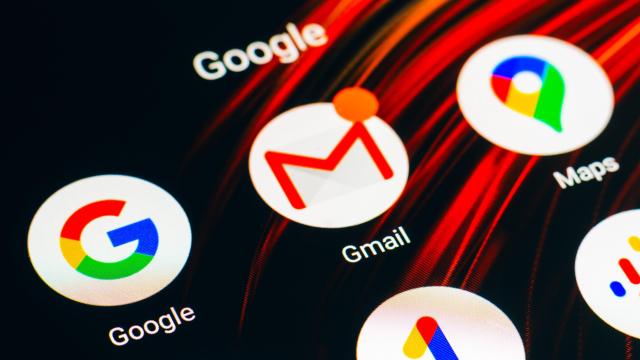Have you seen a claim on social media that Google is “sunsetting” Gmail this coming August? What appears to be a screenshot from an official Google announcement has gone viral on X, but it’s completely fake.
“We are reaching out to share an important update about Gmail. After years of connecting millions worldwide, enabling seamless communication, and fostering countless connections, the journey of Gmail is coming to a close,” the viral notice reads.
“As of August 1, 2024, Gmail will officially be sunsetted, marking the end of its service. This means that as of this date, Gmail will no longer support sending, receiving, or storing emails,” the fake notice continues.
The fake screenshot has been viewed over 1 million times on X at the time of this writing. But, again, this isn’t real. The joke appears to be a photoshopped version of a notice that went out last year notifying users that Gmail Basic HTML view was going away.
Google didn’t immediately respond to questions emailed Thursday afternoon.
Gmail is obviously an enormously popular product, with over 1.8 billion active users, according to DemandSage. And getting rid of that many email accounts would be tremendously disruptive to the world economy.
But perhaps this is a great reminder that we’re all beholden to just a handful of global tech companies that we entrust to keep our data safe. What would happen if Google decided to get rid of a product like Gmail, even if they gave users plenty of notice?
This viral joke also demonstrates just how easy it is to get fake viral claims to go viral on X, ever since billionaire Elon Musk bought the platform. Musk got rid of so-called “legacy” checkmarks, allowing anyone with $US8 to buy so-called verification. But X doesn’t verify the identity of anyone who buys a blue checkmark like it did previously, and the X algorithm artificially boosts paying users to give them more visibility.
